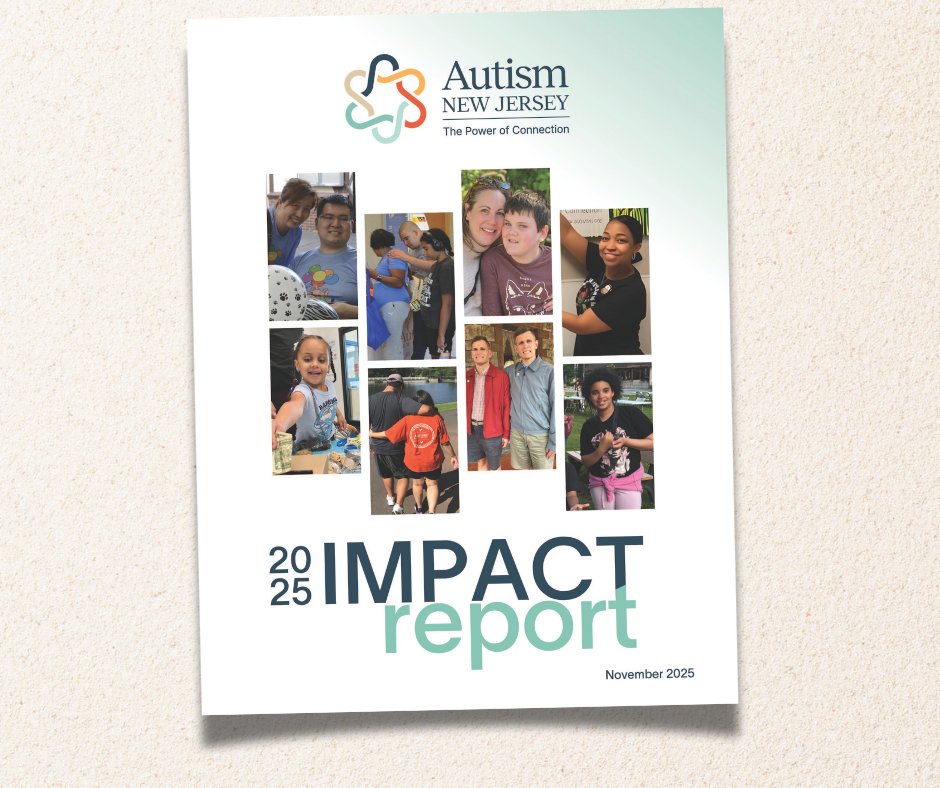
Are challenging or complex behaviors making it difficult for your child or student to remain safe, learn new skills, or interact well with others? Understanding why an individual is exhibiting a particular behavior is the key to addressing it effectively. When addressing a problem behavior, the reason behind it is more important than the form it takes.
Consider biting, for example. There is no set strategy to prevent biting. Intervention plans should look very different for Tommy, who bites because it gets him out of doing his work, than for Jenny, who bites because it understandably brings a strong reaction from her mom. Once the team determines what the behavior is accomplishing for the individual, they can teach a safer way for Tommy to earn a break or Jenny to enjoy Mom’s attention.
Fortunately, there are systematic ways to determine what function(s) are maintaining the behavior, and there is no need to waste time with trial and error. Functional behavior assessments (FBA) are an evidence-based practice that can provide clarity on why individuals may exhibit certain behaviors. By selecting strategies with the function in mind, it is much more likely that the behavior intervention plan will result in the most positive outcome for the individual.
What does the FBA process look like?
The suggested components below are consistent with best practice for FBAs:
- Parental consent: The individual, parent, or legal guardian must provide informed consent indicating their agreement to the FBA.
- Consultation with an interdisciplinary team of professionals: To identify and rule out medical and other causes of behavior (e.g., change in school schedule.)
- Identification of target behaviors: Specific target behavior(s) to be reduced or increased are identified by the treatment team and written out clearly in observable and measurable terms. Vague language like “tantrum” or “meltdown” should be replaced with details describing what that looks like for this particular individual. This ensures that everyone on the team is talking about the same behavior and that occurrences and non-occurrences of the behavior are recorded accurately.
- Record review and interviews: Any medical, educational, and behavioral reports pertaining to the individual should be reviewed by the professional performing the FBA. Structured interviews with parents, teachers, and others who know the learner well and have seen the behavior can also be valuable when designing the assessment process.
- Direct observation: When the behavior analyst systematically and directly observes the behavior in question, he or she can uncover patterns such as time of day, location, individuals present, specific activities, precursors, and other environmental factors. “ABC data” refers to the Antecedent (trigger), Behavior, and Consequence of each occurrence; this is crucial to understanding which function may be maintaining the behavior.
What do you mean by “function”?
Simply stated, there are four main functions to consider: attention, access to an item or activity, escape or avoidance, and sensory stimulation. These apply to individuals of all ages, with or without autism. An FBA provides critical information on what the person is doing (behavior), why he or she does it (function), and identifies when, where and under what conditions the behavior is most likely to occur (environmental factors). The FBA results should be thoroughly analyzed to develop an effective behavior intervention plan (BIP) that teaches safer and more adaptable ways to meet those needs.
What happens after the FBA has been completed?
Once data have been collected and analyzed, the FBA results should be summarized in the form of explicit hypotheses stating why the problem behavior is occurring (its function). Next, an individualized behavior plan is created. Function- based antecedent strategies (those implemented proactively, before the behavior occurs), consequence strategies (responses to the behavior after it occurs), and replacement skills (other ways to meet the need maintaining the behavior in question) should be included in the behavior plan. The BIP should be based the individual’s unique needs, strengths, and preferences and the initial criteria for effectiveness should be based on the baseline rates of behavior. Finally, there must be a plan for ongoing data collection and analysis to verify if the BIP is effective and/or if modifications should be made.
How do I know if an FBA is needed?
If your child or student is exhibiting challenging behavior, requesting an FBA may be appropriate. In particular, if specific behaviors are increasingly severe or frequent, causing harm to the individual or to others, or interfering with learning or relationships, then an FBA can be valuable in understanding their function. An FBA should be conducted prior to the development of a BIP to assist in the decision-making process and ensure that the strategies selected are related to the function and thus more likely to be effective.
How do I request an FBA?
Individuals with Disabilities Education Act (IDEA) regulations ensure the right to request an FBA when an individual’s behavior impedes his or her learning, and where appropriate, to include behavioral interventions to address that behavior. As a parent, if you are concerned about your child’s behavior, you are entitled to request an FBA. For those aged three through twenty-one, this will usually be done through the school district. You can also speak with your doctor or other professionals involved with your child to discuss options for conducting the assessment, or you may consider having an independent educational evaluation (IEE) done.
For both the FBA and IEE, federal and state regulations allow for these evaluations to be conducted at the district’s expense. Both the Individuals with Disabilities Education Act (34 CFR §300.502) and the New Jersey Administrative Code, Title 6A Chapter 14 guarantee parents/guardians the right to request an independent educational evaluation at public expense. According to N.J.A.C. 6A:14-2.5 (c), parents have the right to request an independent evaluation when they disagree with an evaluation or reevaluation done by their school district, or if they believe that the district’s evaluation should have included a specific assessment, for example an FBA.
Our Helpline Specialists at 800.4.AUTISM are available to explain the process and troubleshoot any difficulties.
Who typically performs an FBA?
Many educators and parents seek out the expertise of a Board Certified Behavior Analyst (BCBA) or psychologist with expertise in Applied Behavior Analysis (ABA.) An FBA should be conducted by a trained professional who has the educational and training requirements necessary to complete the assessment. You may ask about their experience conducting FBAs of individuals with autism, in the public school setting, with severe behavior, or any other special circumstances.
For help in understanding more about functional behavior assessments or in requesting one for your child, contact our Helpline Specialists at 800.4.AUTISM or information@autismnj.org.
Recommended Reading
Applied Behavior Analysis and Autism (ABA): An Introduction
Functional Behavior Assessment for People With Autism: Making Sense of Seemingly Senseless Behavior by Beth A. Glasberg, Ph.D., BCBA-D
Stop That Seemingly Senseless Behavior!: FBA-based Interventions for People with Autism by Beth A. Glasberg, Ph.D., BCBA-D









